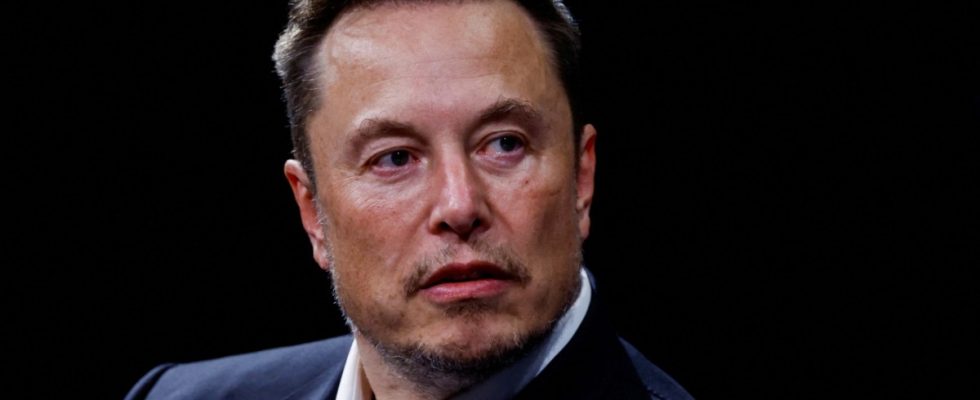Almost all the building blocks are now in place in Thierry Breton’s empire, and he lists them with his fingers: the data law, which regulates the use of digital data, as well as the laws on digital markets and digital services. And the rules for artificial intelligence will soon be ready. The EU Commissioner said on Thursday: “Finally one digital market, united under the same rules.” These are largely his rules, and Breton is the first to make an example of Elon Musk and his platform X, formerly Twitter.
X – like the Tiktok and Facebook platforms – was flooded with brutal videos after Hamas’ attack on Israel. As well as misleading images from other conflicts and glorification of violence against Jews and Palestinians. A reason for Breton to write some letters. So on Tuesday he wrote to
Nevertheless, Breton has now officially initiated proceedings against X – for the first time since the stricter European digital laws were passed. As a first step in the investigation, the commission Information requested from Xsaid Breton. It’s about “the alleged spreading of illegal content and disinformation, especially terrorist and violent content and hate speech.” X should inform the Commission by October 18 how it deals with reports and complaints about the illegal contributions and controls the risks posed by these contributions. The exact wording of the request is not known. According to the Digital Services Act, which has been in force since August, X is considered a “very large online platform” and is therefore subject to strict rules.
“I don’t threaten anyone,” says Breton
Internal Market Commissioner Breton is now the so-called “enforcer”. So he is the enforcer of the rules that are intended to show tech companies from Silicon Valley to Beijing that they have to subordinate themselves to the EU. The democratically decided rules, said Breton. He also says: “I don’t threaten anyone.” However, the message accompanying his letter to Under the new law, they are comparatively high so that even rich Silicon Valley companies cannot swallow them so easily. Musk’s Platform X has so far been a loss for the billionaire who bought the company a year ago.
At the beginning of the week, Breton had publicly admonished Musk on X and criticized in a letter that X did not consistently delete content about violence in the Middle East. During the week, Breton had written letters to two other powerful tech managers: Facebook boss Mark Zuckerberg and Shou Zi Chew from the Chinese short video network Tiktok. Breton warned both to respect the rules of the DSA and, as in Musk’s case, asked for a quick response.
When it comes to Facebook, the Commission is primarily concerned with elections: During the recent vote in Slovakia, a large number of manipulated images – so-called deep fakes – and content were discovered, some of which are still online. This is what Breton writes. With a view to the upcoming elections in Poland, the Netherlands, Lithuania and other member states as well as the European elections next year, Facebook’s parent company Meta should quickly explain what the company is doing to combat such manipulation and abuse.
Breton is confident that Musk will submit
The letter to Tiktok is sharper in tone. Depictions of violence from Israel, videos of hostage-taking and other graphic images circulated on the platform, which millions of children and young people use. From Breton’s perspective, the protection of minors there is inadequate. Tiktok also fails to separate reliable information from terrorist propaganda and to delete disinformation.
What would he do if Musk ignored him in his usual arrogant manner and refused to pay any fines? “If nothing happens, we can get permission from a judge and shut down a service for a while. It’s easy,” says Breton. After all, Europe’s democracy writes the rules. Non-governmental organizations refer However, they point out that shutting down online services is quite undemocratic: it cuts people off from correct information.
He leaves it open exactly how Breton would shut down a service with its millions of users – whether police officers would actually come to Twitter in Dublin and confiscate computers. But he is confident that Musk and other platform bosses will submit. “It’s nothing personal,” says the enforcer of digital Europe.

